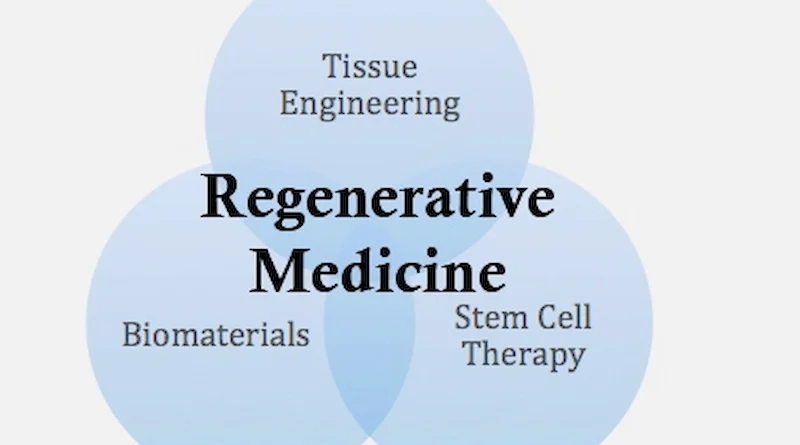Exploring the Principles of Regenerative Medicine
Regenerative medicine is a transformative area of medicine that focuses on repairing, replacing, or regenerating human cells, tissues, or organs to restore or establish normal function. This field holds the promise of revolutionizing the treatment of diseases and injuries by harnessing the body’s innate power to heal itself. Through a combination of stem cell therapy, tissue engineering, and molecular biology, regenerative medicine aims to address the root causes of disease and injury, rather than just managing symptoms.
The Core Principles of Regenerative Medicine
At the heart of regenerative medicine are several core principles that guide research and clinical practice:
- Cell Therapy: This involves the use of stem cells or progenitor cells to replace or repair damaged tissues. Stem cells have the unique ability to develop into various cell types, making them a powerful tool in regenerative medicine.
- Tissue Engineering: This principle involves creating biological substitutes to restore, maintain, or improve tissue function. It often combines cells, engineering, and materials methods to fabricate functional constructs that can replace or repair tissue.
- Biomaterials: The development of biocompatible materials that can support the growth and organization of new tissue is crucial. These materials can be used as scaffolds to guide the growth of new cells in tissue engineering.
- Gene Editing: Techniques like CRISPR/Cas9 allow for precise modifications to the genome, which can be used to correct genetic defects that cause disease.
Applications and Future Directions
The applications of regenerative medicine are vast and diverse. It is currently being explored in the treatment of a wide range of conditions, including heart disease, diabetes, spinal cord injuries, and neurodegenerative disorders. The potential to grow organs for transplantation is also an exciting frontier.
As research progresses, the field of regenerative medicine continues to offer new hope for patients with conditions that were once considered untreatable. Advances in technology and a deeper understanding of cellular processes are paving the way for innovative therapies that could one day eliminate the need for organ transplants and provide cures for chronic diseases.
Challenges and Considerations
Despite its promise, regenerative medicine faces several challenges. These include ethical concerns, particularly around the use of embryonic stem cells, as well as technical challenges in ensuring the safety and efficacy of new therapies. Additionally, the cost of developing and implementing regenerative treatments can be high, posing accessibility issues.
However, ongoing research and clinical trials continue to address these challenges, with a focus on developing safe, effective, and accessible treatments for a broad range of patients.
Conclusion
Regenerative medicine is poised to change the landscape of medical treatment. By focusing on repairing and regenerating damaged tissues and organs, it holds the potential to cure diseases rather than merely manage symptoms. As the field continues to evolve, it offers a promising future where healing and recovery are more natural and holistic.
For more information on regenerative medicine and its applications in specific regions, such as Huntsville regenerative medicine.
Visit the rest of the site for more interesting and useful articles.

